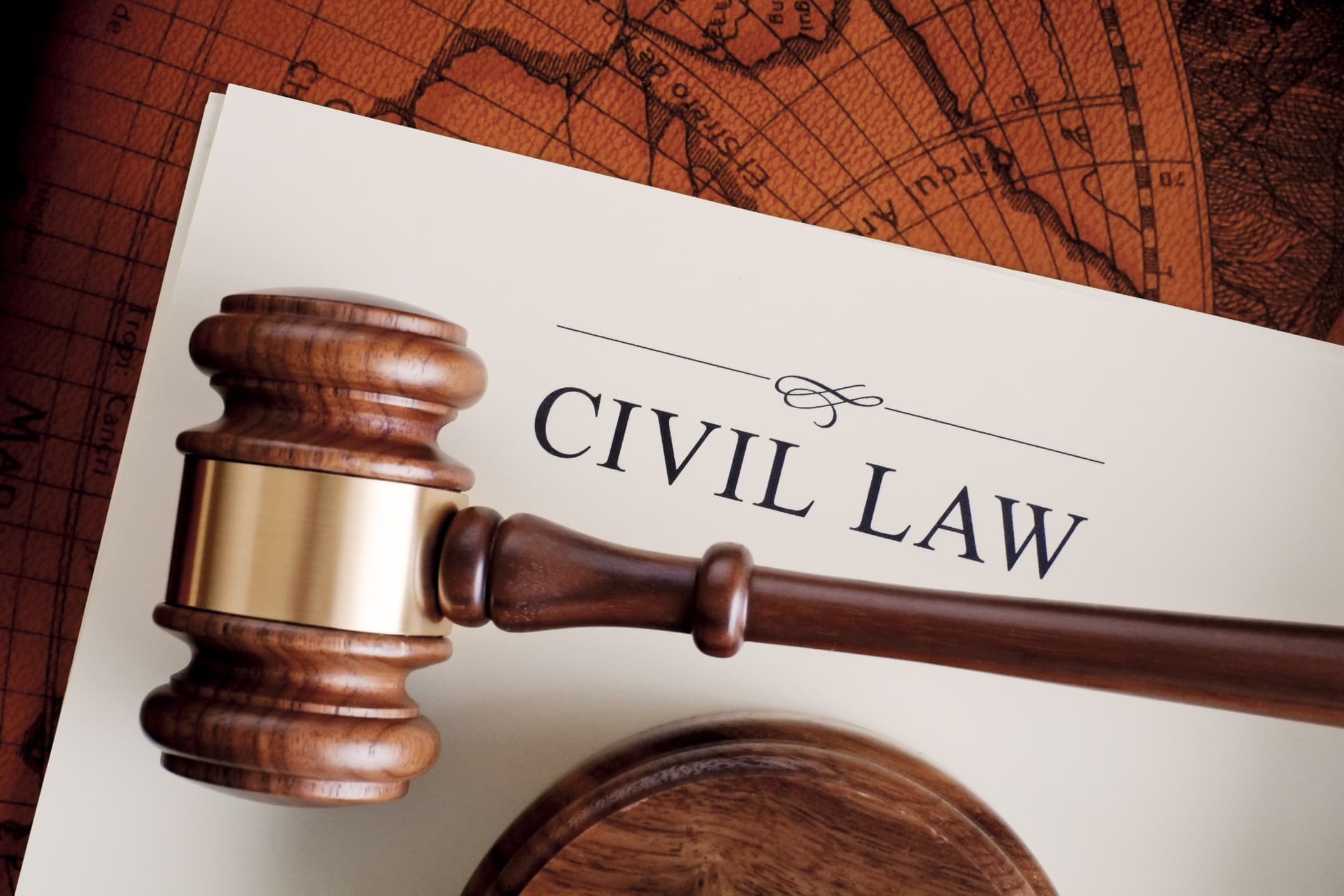
A civil lawsuit is a legal action brought by one person or entity (the plaintiff) against another (the defendant) to resolve a dispute or seek compensation for harm suffered. Unlike criminal cases, which involve violations of criminal laws, civil lawsuits typically focus on private rights and remedies.
Common Types of Civil Lawsuits
- Personal Injury: These lawsuits arise from accidents, such as car accidents, slip and falls, and medical malpractice.
- Contract Disputes: Disputes arising from breaches of contract, such as failure to fulfill obligations or defective goods or services.
- Property Disputes: Disputes over property ownership, boundaries, and landlord-tenant issues.
- Family Law: Divorce, child custody, child support, and other family-related matters.
- Business Disputes: Contract disputes, business torts, and other legal issues affecting businesses.
The Civil Lawsuit Process
Civil lawsuits typically involve a series of stages, including:
- Filing a Complaint: The plaintiff files a complaint with the court, outlining the claims and the relief sought.
- Serving the Defendant: The defendant is served with the complaint and summons, notifying them of the lawsuit.
- Discovery: The parties engage in the discovery process, exchanging information and evidence.
- Motion Practice: Motions may be filed by either party regarding various aspects of the case, such as motions to dismiss or motions for summary judgment.
- Trial: If the case cannot be resolved through settlement or other means, it may proceed to trial.
- Judgment and Appeal: The court may issue a judgment in favor of one party or the other. The losing party may have the right to appeal the judgment to a higher court.
